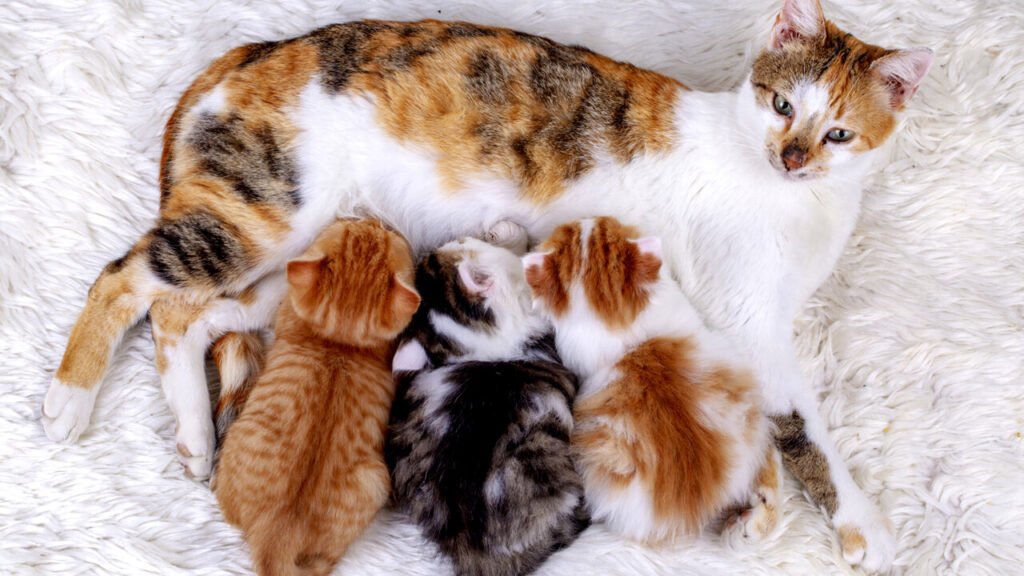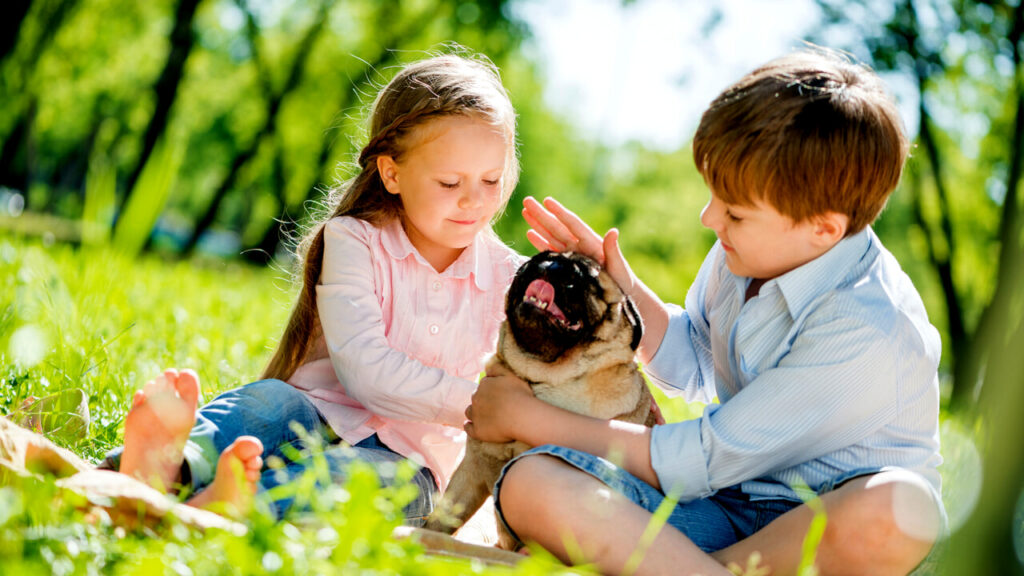You adopted an amazing puppy, who literally stole your heart. And you brought it home with joy. Your new life begins with him.
Little by little you start to learn some things about it. His toilet, which is the first thing, how to play, whether alone or with another animal that you may be at home, where to sleep, etc.
Advertising
Each animal is different, it has its character, its good qualities and its whims. Learning things from scratch with a puppy is amazing and one of the greatest joys. Raising a creature in general is a wonderful thing.
Over time, our little boy has acquired certain characteristics, which we often find cute and harmless. But here we have to be careful. Because, yes, some behavior can be seen as funny – which it can be – and considered normal at first glance, but it cannot be harmless to everyone.
In other words, it should be a bell, which tells us that we need to do something to face them and change them because if our puppy continues this, when he grows up we will have problems and a bad symbiosis with him.
Advertising
To help your puppy grow into a happy, well-behaved dog, you should try to curb certain behaviors as early as possible.
So it’s good to know which of these behaviors should concern us.
Excessive barking or growling
Excessive barking or whining in puppies usually indicates discomfort or some basic need that is not being met when it should be. Because barking can be a normal communication tool, but constant barking can indicate that your puppy is worried, scared or very happy.
The purring, in the same way, is a way of the puppy to express himself, which probably shows his loneliness, hunger or need for affection. This constant sound can also be a sign of health problems. It can be difficult to know what is “too much” for a new puppy, but to be safe, always discuss your concerns with your veterinarian.
Harmful chewing
Chronically destructive chewing on everything in puppies often indicates boredom, stress or a lack of suitable chew toys. Puppies explore the world with their mouths, but this curiosity can lead them into danger. And this is a serious problem.
So this harmful behavior should of course not be treated in the same way when your animal pulls teeth or when it has other characteristics that are healthy puppy behavior. If your puppy chews on various things in the house, it can put his health at risk. For this the solution is to have a variety of suitable chew toys for him, to have enough physical exercise and to participate in activities that need to be used in his mind to rest, relax and gradually stop this behavior.
Aggression towards people or other animals
Aggression in puppies looks cute when they are young. But this aggression may indicate that the animal is concerned about its safety or may be a sign of deeper issues. For example, a puppy that shows aggression towards his food or toys may be showing that he wants to protect them at all costs, a behavior that comes from anxiety or being overly possessive. This behavior is difficult to solve without intervention. Early socialization with people and other animals plays an important role in preventing aggression because it “exposes” the puppy to new situations in a controlled, positive way.
Picky eaters or completely refuse to eat
A puppy that refuses to eat or shows picky eating habits should be seen as something to worry about because it puts their health – and in some cases their life – at risk. And while occasional inattention to food may not be a concern, persistent refusal can indicate a variety of problems, including dental problems, indigestion, general anxiety, and more serious issues.
Picky eating, on the other hand, can be a problem in the future because he does not eat what he needs to grow but waits for what he wants, which is usually some medicine. So a consistent routine of good and healthy eating with balanced meals and small deviations will make him get used to it and like it. If now the refusal to eat his food continues, a veterinary examination, as we understand, is more than necessary.
Is it time to socialize your puppy? 6 are the mistakes you should not make
Many new breeders make common mistakes that prevent their puppy from being socialized.
Separation anxiety
Separation anxiety in an animal is common and can manifest itself through the behaviors we have already mentioned above, such as destructive chewing or incessant barking. Often, which is good to know, a puppy suffering from separation anxiety may have accidents around the house.
This condition stems from his fear and anxiety about being alone, which grows when his guardian is always busy during the day.
The first signs of this anxiety are excessive observation of what his guardians are doing, anxiety when they leave, and immediate reaction when he is left alone.
Dealing with separation anxiety can be difficult because it involves creating positive associations with being alone. It doesn’t happen overnight and it takes a lot of work. Usually toys and medicines help to some extent.
But what really helps is being with his family. Let’s face it, play with it and give it the attention it deserves. So he will grow up to be a wonderful dog. Isn’t that what we want?

